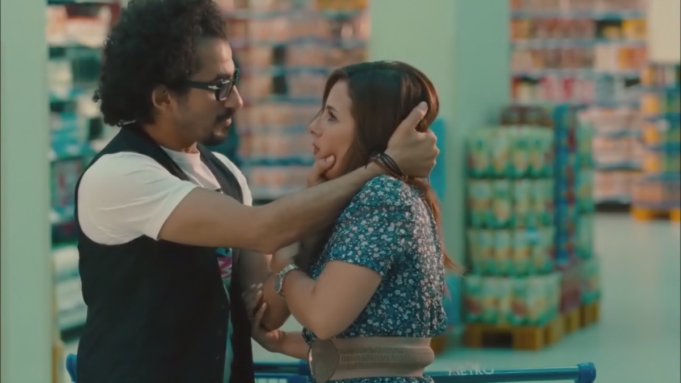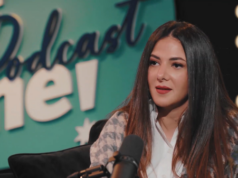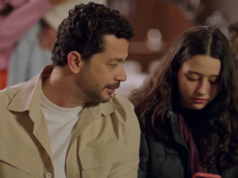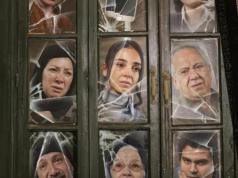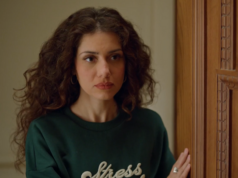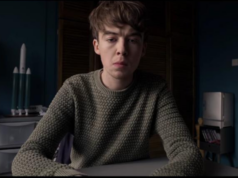Picture this. You’re sitting with a bunch of people and you’re all talking and the topic of relationships comes up and, as per usual, someone is having relationship drama…but an odd thing suddenly happens. Out of nowhere, someone else will just straight up call the dramatic relationship in question ‘abusive’.
And, well, you have no idea what to say because, as you heard, it’s a pretty bad relationship. But calling it ‘abusive’ just seems a tad too extreme, doesn’t it? Well, that’s because there IS an actual difference between calling something abusive and calling it toxic.
…But what is that difference?
At first sight, it might not seem so different. After all, aren’t “toxic” and “abusive” words we came up with to describe when a person or a certain dynamic is literally harmful in ways that they shouldn’t be? Yeah, but it’s a little more nuanced than that.
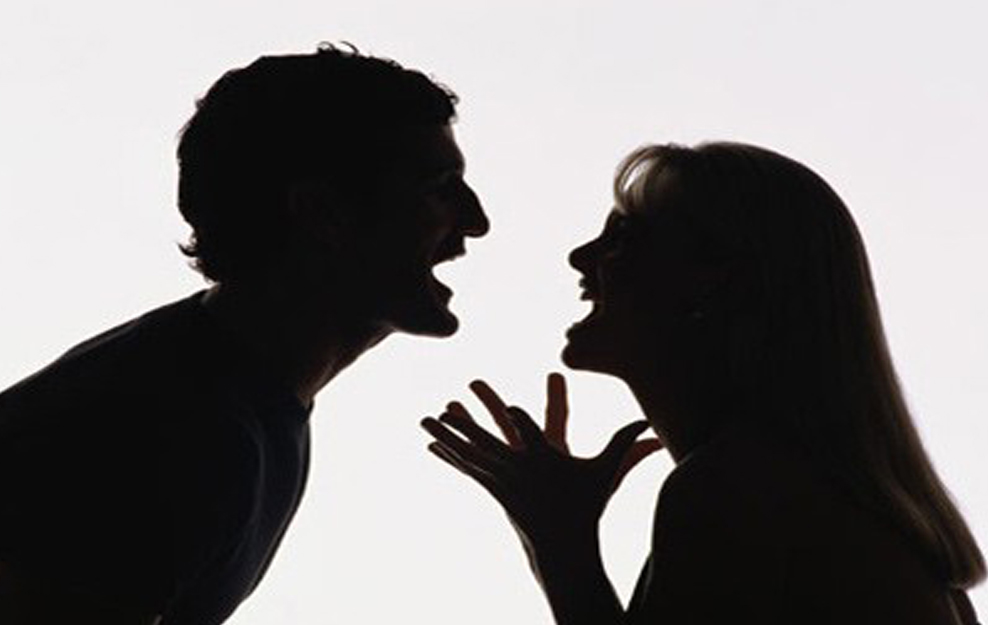

So what’s a toxic dynamic like? Well, it’s a mess. No, really. Usually, a toxic relationship leeches on your lifeforce and makes you feel especially horrible for simply existing because, somehow, you’re doing that wrong. You feel stifled and stunted without much room to grow anywhere or do anything.
In a toxic relationship and/or dynamic, you’ll feel like you’re always involved in drama because you or your partner is insecure and every little situation goes from a 0 to a 100 in lightning speed. There’s no communication and everything turns to a fight (a very ‘you VS me’ situation — not a ‘you and me together’). What is actually there is a lot of shifting blames and acting like the victim, unmet expectations, and tearing each other down instead of building each other up.
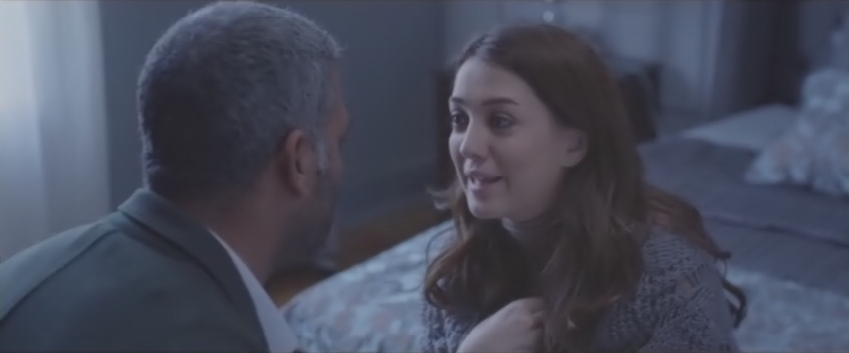

Basically, what happens is you unintentionally bring out the worst parts of each other, blame each other for it, and you don’t always do anything to change it…though change in a toxic relationship IS possible.
“Okay”, you may want to say now, “So toxic relationships sound exactly like abusive relationships”
And that’s a valid way to see it but it’s not quite right. See, where toxic relationships are about people being mutually horrible, abusive relationships (usually) involve one person who wants absolute power and control over another person. Sometimes, they exercise that power through manipulation, emotional terror, and/or physical violence.
This abuser is always in control and doesn’t really leave things to chance (read: there are no ‘accidents’) and they’re masters of gaslighting. Abusers also want to be in charge of literally everything in the life of their “partner”, including who they can meet and where they can go and what they can do or wear.
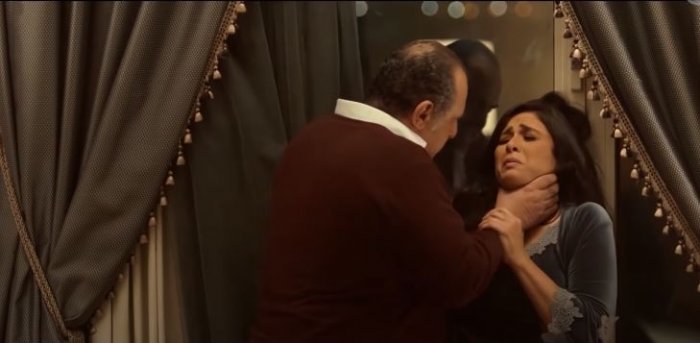

Abusive relationships also don’t start off as being abusive straight off the bat. Usually, the abuser lays down a seemingly-ideal relationship for the other person and, once this person is roped in, they’ll start testing the waters (with emotional and/or mental abuse) and gradually becoming more and more abusive until it becomes too late to notice…which is exactly what they want.
But here’s the thing — usually (and we say ‘usually’ because most people have somewhat of a conscience) toxic relationships are never intended to be that.
As weird as it sounds, it just happens. Unconsciously and mostly unintentionally because of whatever factor (bad timing, some much-needed personal journey, just got out of a bad relationship, no chemistry…etc.)


However, an abusive relationship is sometimes intended to be that way by the abuser. They meant for everything, for every instance of abuse, to happen the way it happened. They had a plan already set in their heads, so it’s all deliberate and literally no choices are incidental.
So, how do you tell the difference between the two?
It’s simple really. Think about the damage being caused. Both toxic and abusive relationships will cause their survivors some unneeded changes, like being much more insecure or doubtful about their own skills and potential, about how smart they are and if they have what it takes to be alone, or if they have what it takes to be “worthy” of anything.
And aside from their self-perception and dwindling self-worth, survivors of abusive and toxic relationships will have a lot of trust issues after leaving their relationships because anyone could be just like their previous partner. The world becomes nothing but a playground of tiny anxieties and, to navigate it, the survivors will need a stable support circle and/or some professional help.


The main difference between survivors of abusive relationships and those who just left toxic relationships is the degree they feel these effects, though even that isn’t really written in stone. Sometimes, a toxic relationship and an abusive one are so close in nature, they just might look and feel like the same thing, too, so that’s more food for thought.


